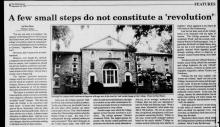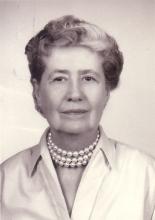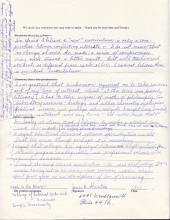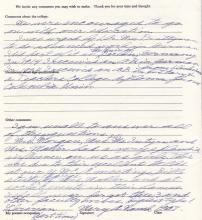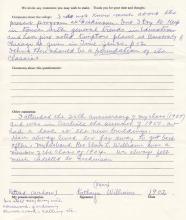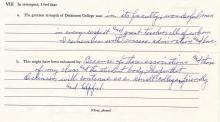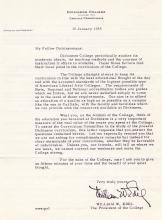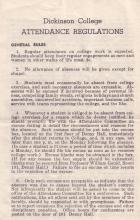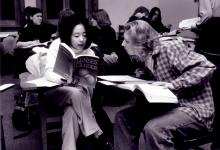Editorial: "A few small steps do not constitute a revolution"
This article by Features Editor Ken Ross comments that “Although
the campus itself continues to improve with age, now is the time for ‘real’
social change at the College.†Ross brings up such issues as the lack of availability
of condoms on campus (except when the Health Center is open), the scarcity of ‘alternative’
(alcohol-free) activities on campus and the situation of women on campus. He
says:

